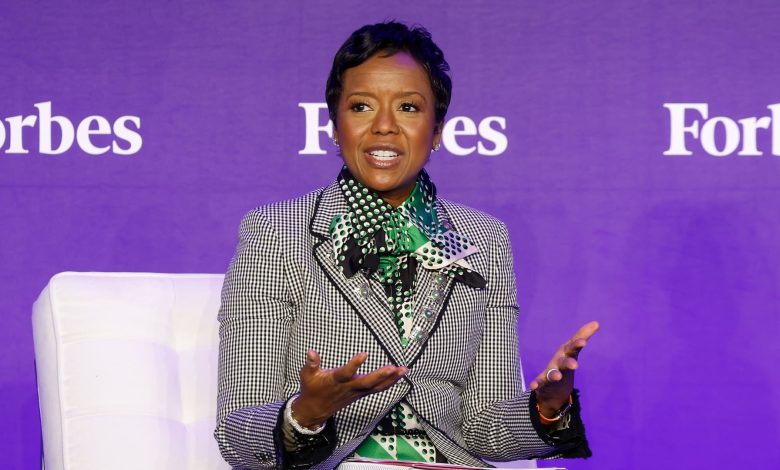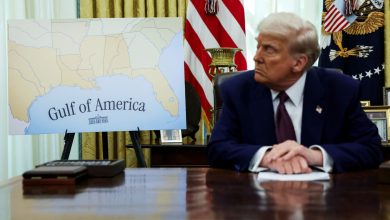Parents with 2 toxic habits raise kids who are bad with money: CEO

Mellody Hobson, 54, grew up in a single-parent, low-income household. Her mother’s money habits made her financially anxious at a young age.
“There was just a shortage at all times. We would get evicted, our phone would get disconnected. … There was one time we were living in an abandoned building,” Hobson said on an episode of “The Oprah Podcast” that aired in January. “My mom would buy Easter dresses instead of paying the light bill.”
Mismanaging your family’s money, and not appropriately demonstrating the value of money to your kids, are two toxic habits, says Hobson, who is now a co-CEO of the asset management firm Ariel Investments and published the bestselling kids’ book “Priceless Facts About Money” in 2024. Those habits can cause your children become chronically stressed about their finances in adulthood
Children can grow up to repeat their parents’ poor choices, she added. “If you pay the minimum payment, your child’s going to do that,” said Hobson. “If you overspend, your child will overspend.”
If you pay the minimum payment, your child’s going to do that. If you overspend, your child will overspend.
Mellody Hobson
co-CEO of Ariel Investments
In Hobson’s case, her mother’s excessive spending was confusing and stress-inducing, and made her feel hopeless, she said: “[It] created, quite frankly, a great deal of trauma for me. When you’re a child, you have no control. You can’t go get a job. There’s nothing you can do.”
Hobson’s upbringing motivated her to pursue a career in finance, she said.
How to teach kids healthy financial habits early on
Good habits to teach your children early on include discussing the value of cash and the importance of saving — and putting your money where your mouth is, Hobson said.
She once gave her kids $3 in cash and took them shopping at a dollar store, where they had to decide between buying candy — a consumable good — and an item with repeat value, like a toy. The outing gave her kids some impactful perspective when they visited The Lego Store afterward and saw a playset on sale for $189, she noted.
This kind of approach is practical and easy for kids to understand, Alexa von Tobel, a Harvard University-trained investor and managing partner of venture fund Inspired Capital, told CNBC Make It in 2024.
It’s important to use a “matter of fact” tone when having money discussions, as that helps your kids understand that cash is “a tool to help you live the life you want to,” she added, rather than something that’s either worshipped or ignored.
Using physical cash in front of your children can help, too, said Hobson, since kids may struggle to fully understand the value of a dollar when it only appears as a number on a screen.
“For children, it’s on a credit card, a phone, or it spits out of a machine, so trying to explain that you work for it [is] super hard,” Hobson said, adding: “Use cash so they can see that it’s finite … and you don’t have an endless amount of it.”
Want to earn some extra money on the side? Take CNBC’s new online course How to Start a Side Hustle to learn tips to get started and strategies for success from top side hustle experts. Pre-register now and use coupon code EARLYBIRD for an introductory discount of 30% off $97 (+taxes and fees) through April 1, 2025.
Plus, sign up for CNBC Make It’s newsletter to get tips and tricks for success at work, with money and in life.



